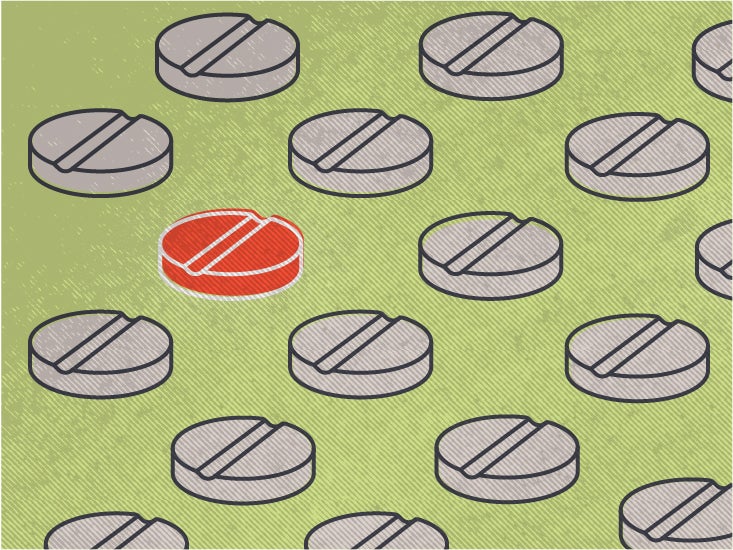Glipizide oral tablets: Side effects, dosage, and more - Medical News Today

Glipizide oral tablets can cause mild or serious side effects. The following lists contain some of the key side effects that may occur while taking glipizide oral tablets. These lists do not include all possible side effects.
For more information about the possible side effects of glipizide oral tablets, talk with your doctor or pharmacist. They can give you tips on how to manage any side effects that may be concerning or bothersome.
Note: The Food and Drug Administration (FDA) tracks side effects of drugs it has approved. If you would like to notify the FDA about a side effect you've had with glipizide oral tablets, you can do so through MedWatch.
Mild side effects
Mild side effects of glipizide oral tablets can include:
Most of these side effects may go away within a few days or a couple of weeks. But if they become more severe or don't go away, talk with your doctor or pharmacist.
The list above is a partial list of mild side effects from glipizide oral tablets. To learn about other mild side effects, talk with your doctor or pharmacist, or view the prescribing information on glipizide IR oral tablets and glipizide ER oral tablets.
*For more information about this side effect, see "Gastrointestinal problems" in "Side effect details" below.
Serious side effects
Serious side effects from glipizide oral tablets are less common, but they can occur. Call your doctor right away if you have serious side effects. Call 911 or your local emergency number if your symptoms feel life threatening or if you think you're having a medical emergency.
Serious side effects and their symptoms can include:
* For more information about this side effect, see "Side effect details" below.
† This side effect was reported after the drug was released on the market.
Side effect details
See below for more detail on certain side effects this drug may cause.
Hypoglycemia
Glipizide oral tablets are used to manage blood sugar levels in adults with type 2 diabetes. But in some cases, glipizide may cause your blood sugar to drop too low. This causes hypoglycemia (low blood sugar).
The American Diabetes Association defines hypoglycemia as a blood sugar level of 70 milligrams per deciliter (mg/dL) or lower.
In clinical studies of glipizide oral tablets, low blood sugar was more common in people with certain risk factors or in certain situations. These may include:
- older age (65 years and older)
- kidney, liver, or adrenal gland problems
- use of insulin or other drugs that lower blood sugar
- use of alcohol
- frequently skipping meals or not eating regularly
- participation in intense or prolonged exercise
To find out how often hypoglycemia occurred in clinical studies, see prescribing information on glipizide IR oral tablets and glipizide ER oral tablets.
You may notice certain symptoms when your blood sugar first begins to drop too low. These may include feeling nervous or anxious, shaking, sweating, or feeling clammy.
If your blood sugar continues to drop, severe hypoglycemia (very low blood sugar) may occur. This is a medical emergency and requires urgent treatment. If not treated quickly, it can cause the following:
To prevent low blood sugar from becoming severe, it is important to recognize the early symptoms listed above. Before starting glipizide, you and your doctor will come up with a hypoglycemia action plan. The plan will include what you should do at the first sign of low blood sugar.
Some people may not notice the early symptoms of low blood sugar due to having other medical conditions or taking certain medications, such as beta-blockers. In this case, your doctor may recommend a different medication or prescribe a lower dose of glipizide for you. They may also suggest checking your blood sugar more often.
Before taking glipizide, talk with your doctor about your risk for low blood sugar during your treatment. It's also important to talk with them about your health history and the medications you take.
Cardiovascular problems
In 1970, a University Group Diabetes Program (UGDP) research study showed that taking certain diabetes drugs long term may increase the risk of death due to cardiovascular (heart- or blood vessel-related) problems. However, a more recent
Because of this risk, it's important to talk with your doctor about your heart health before starting glipizide. Your doctor may look at whether you have risk factors for cardiovascular disease, such as:
The American Diabetes Association also recommends drugs other than sulfonylureas as the first treatment option for people with cardiovascular disease. So if you have cardiovascular disease, your doctor can help determine whether another treatment option is better for you.
Gastrointestinal problems
Gastrointestinal (digestive system) problems are common side effects of glipizide. These may include side effects such as:
These gastrointestinal side effects tend to improve on their own within the first few days or weeks of treatment.
However, if these side effects don't go away, or if they bother you or become severe, talk with your doctor. They may suggest ways to relieve these side effects, or they may adjust your dosage of glipizide.
Allergic reactionAs with most drugs, some people can have an allergic reaction after taking glipizide oral tablets. Allergic skin reactions, sometimes temporary, were reported in clinical studies of the drug.
Symptoms of a mild allergic reaction can include:
A more severe allergic reaction is rare but possible. Symptoms of a severe allergic reaction can include:
- swelling under your skin, typically in your eyelids, lips, hands, or feet
- swelling of your tongue, mouth, or throat
- trouble breathing
For more information on study results, see prescribing information on glipizide IR oral tablets and glipizide ER oral tablets.
Call your doctor right away if you have an allergic reaction to glipizide oral tablets, as the reaction could become severe. Call 911 or your local emergency number if your symptoms feel life threatening or if you think you're having a medical emergency.


Comments
Post a Comment